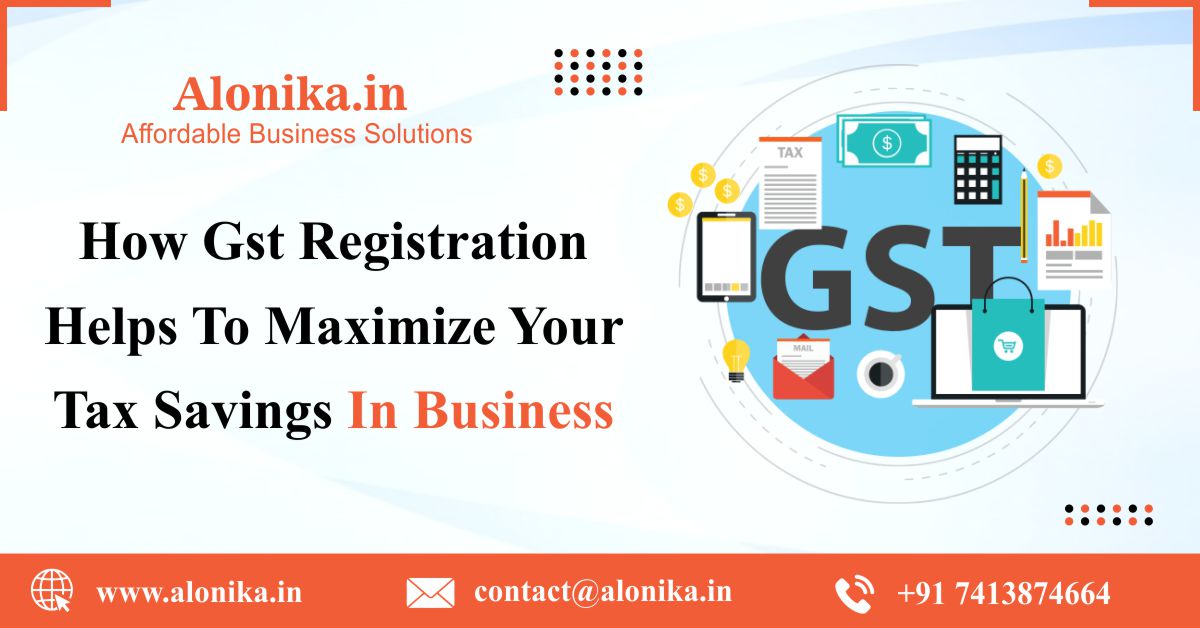Simplifying Your Singapore GST Registration: A Comprehensive Technique
Simplifying Your Singapore GST Registration: A Comprehensive Technique
Blog Article
The Ultimate Guide to Streamlining the GST Enrollment Process and Demands for Local Business Owners

Recognizing GST Essentials
To realize the principles of the Item and Solutions Tax (GST) system, small company owners must first recognize its underlying concepts and effects. GST is a value-added tax levied on the majority of items and solutions for residential usage. It aims to improve the taxation process by changing numerous indirect taxes imposed by the state and main federal governments. Under the GST routine, services are needed to register and accumulate tax on behalf of the federal government, ensuring openness and compliance.
One of the crucial concepts of GST is input tax debt, which allows companies to declare credit for taxes paid on their purchases. Comprehending these fundamental concepts is critical for tiny business owners to navigate the complexities of the GST system and guarantee compliance with the legislation.
Qualification Standards for Enrollment
Having actually developed a foundational understanding of GST principles, local business proprietors have to now meet particular eligibility requirements to wage the registration process. In India, entities engaged in the supply of products or services with an annual accumulation turnover going beyond Rs. 40 lakhs (Rs. 10 lakhs for unique group states) are required to register for GST. Additionally, specific companies such as those associated with inter-state supply of products, informal taxable individuals, and those called for to pay tax under the reverse fee system must sign up for GST regardless of their turn over. Companies that were registered under the previous tax obligation routine (VAT, service tax obligation, and so on) are also mandated to register under GST. Nonetheless, farming companies that only provide create out of main production are exempt from GST enrollment. It is vital for entrepreneur to thoroughly examine their qualification based upon these criteria to make sure compliance with the legislation and prevent any penalties for non-compliance.
Documents Required for GST Enrollment

Simplified Registration Refine Steps
Complying with the collection and confirmation of the requisite documents, the enrollment procedure for GST can be navigated via a series of streamlined actions created to assist in effective compliance for little company proprietors. Upon effective confirmation, an Application Recommendation Number (ARN) is provided, indicating the completion of the GST registration procedure. By adhering to these streamlined steps, tiny service owners can properly register for GST and make certain compliance with tax obligation policies.
Tips for Ensuring Compliance
To keep regulatory adherence and operational integrity, attentive oversight and aggressive actions are check over here crucial in making sure conformity with GST requirements for small company owners. Small company proprietors must remain updated with GST regulations, submitting due dates, and any changes in tax obligation prices to avoid penalties and keep a good standing with tax obligation authorities. One necessary idea for conformity is to maintain precise and in-depth documents of all transactions, consisting of billings, expenditures, and invoices connected to GST. Regularly integrating economic records with GST returns can aid in determining and fixing any type of discrepancies promptly. Furthermore, performing periodic internal audits or looking for professional help can ensure that the organization is complying with all GST rules appropriately. It is likewise vital for little organization owners to buy GST-compliant audit software program that can enhance the tax obligation declaring procedure and reduce mistakes. Last but not least, participating in GST understanding workshops or training programs can enhance understanding and compliance with GST laws, eventually profiting business in the long run.
Conclusion
Finally, local business proprietors must recognize the fundamentals of GST, meet the qualification criteria, collect required documents, and adhere to the streamlined enrollment process actions to make sure conformity. By streamlining the GST enrollment process and demands, small company owners can prevent fines and operate their businesses smoothly check here within the lawful structure - Singapore GST Registration. It is essential for small company proprietors to stay enlightened and compliant with GST laws to maintain an effective organization operation
Small business owners seeking GST registration need to ensure they collect and submit the required records to complete the registration procedure efficiently. The papers required for GST registration commonly consist of proof of company registration or unification, PAN (Long-term Account Number) card of the company entity, identity and address evidence of the promoters/partners/directors, pictures, address proof of the location of service, bank account statements or terminated cheques, and consent types. Attending GST awareness workshops or training programs can improve understanding and conformity with GST guidelines, inevitably profiting the business in the long run.
By streamlining the GST registration process and requirements, tiny business owners can prevent penalties and operate their organizations efficiently within the lawful framework. It is critical for little service owners to stay informed and certified with GST regulations to preserve a successful business procedure.
Report this page